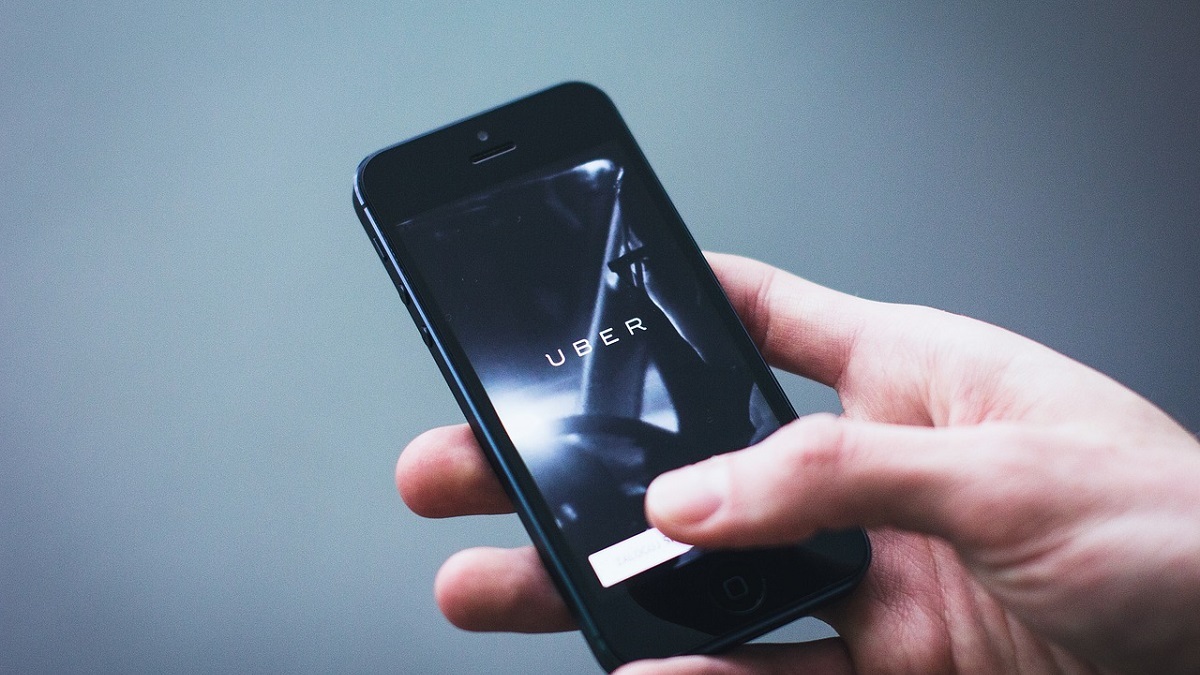CHICAGO — A federal appeals panel has curbed a lawsuit by a disability advocacy group accusing Uber of violating federal equal access laws by not providing enough cars to transport people in wheelchairs.
Access Living of Metropolitan Chicago, and three motorized wheelchair users who either work or volunteer for Access Living, first sued Uber in federal court in Chicago in 2016, seeking to force the ride-sharing company to improve access for people with disabilities to its nationwide network of private vehicles serving millions of riders daily through a smartphone app.
In 2018, U.S. District Judge Judge Manish Shah ruled that Uber should be considered a “public accommodation” under the Americans with Disabilities Act. However, Shah also ruled that Access Living and another plaintiff, Rahnee Patrick, failed to make enough sufficient allegations to continue their lawsuit. The other named plaintiffs, Michelle Garcia and Justin Cooper, did present valid claims. But they settled with Uber and are no longer party to the dispute.

Stephanie Schuster
| Morgan Lewis & Bockius
In April, Shah denied a request from Access Living and Patrick to amend their complaint, determining such a move would be futile. The judge also rejected their move to expand the complaint beyond Chicago city limits to include the suburbs. Shah said the proposed amendment was too late in the process to be allowed. Access Living and Patrick appealed to the U.S. Seventh Circuit Court of Appeals.
Seventh Circuit Judge Michael Scudder wrote the appeals court panel’s opinion, issued May 5. Circuit judges Frank Easterbrook and Illana Rovner concurred.
Scudder noted Access Living was successful in a 2012 push for a Chicago ordinance requiring an increase in taxis that could accommodate wheelchairs, but failed in a 2016 effort to get the city to require Uber to meet the same criteria. The panel pointed to a 1982 U.S. Supreme Court opinion in Havens Realty Corp. v Coleman as instructive, saying the nonprofit open-housing agency plaintiff in that case met pleading standards by demonstrating a “concrete and demonstrable injury to the organization’s activities — with the consequent drain on the organization’s resources.”
Access Living met that bar, the panel said, with allegations of increased transportation costs for its staff and volunteers because Uber doesn’t have accessible vehicles. However, the panel said the agency failed to state a cause of action under the ADA’s Title III. The key question is whether anyone is being “subjected to discrimination on the basis of disability,” per the statutory language, or if the allegations amount to indirect harm.
“Nowhere, for instance, does Access Living allege that it maintains its own corporate Uber account and found itself unable — because it employs or associates with persons with disabilities — to order Uber rides for its staff, volunteers or guests,” Scudder wrote. “The alleged harm to the organization comes only indirectly in the form of increased reimbursement costs. The district court was right to conclude that Access Living failed to state a cause of action in its original and proposed amended complaints.”
The panel said Access Living had to sue under ADA Title III instead of the broader Title II “because Uber is a private entity” and agreed Shah was right to dismiss the agency as a plaintiff and reject its bid to amend.
Turning to Patrick, Access Living’s director of independent living services, the panel said she also made secondhand allegations, having acknowledged she neither downloaded the Uber app nor established an account. Although her proposed amended allegations did include more information about her personal knowledge of what Uber offers in terms of wheelchair accessible vehicles, she also said she is “sometimes, but not always” able to move from her wheelchair to a standard car.
That allowance, Scudder wrote, renders Patrick’s claim “too speculative” because she is only sometimes unable to get the car she needs.
“A claim of unequal access to (wheelchair accessible vehicles) does not follow automatically from downloading the app alone,” Scudder wrote. “Patrick needed to go the next step of alleging particular facts and circumstances illustrating how she would personally experience unequal access if she ordered a WAV. Unlike seeing a picture of an office building with no accessible entrance, seeing screenshots of others’ experiences with Uber at specific moments in time does not in any way communicate the same inevitability of what Patrick would experience if she were to download the app.”
The plaintiffs are represented by attorneys Steven P. Blonder, Daniel A. Hantman and Jonathan L. Loew, of the firm of Much Shelist P.C., of Chicago.
Uber is represented by attorneys Stephanie Schuster, Kristal D. Petrovich, Patrick A. Harvey and Anne Marie Estevez, of the firm of Morgan, Lewis & Bockius Llp, with offices in Chicago, Miami and Washington, D.C.
